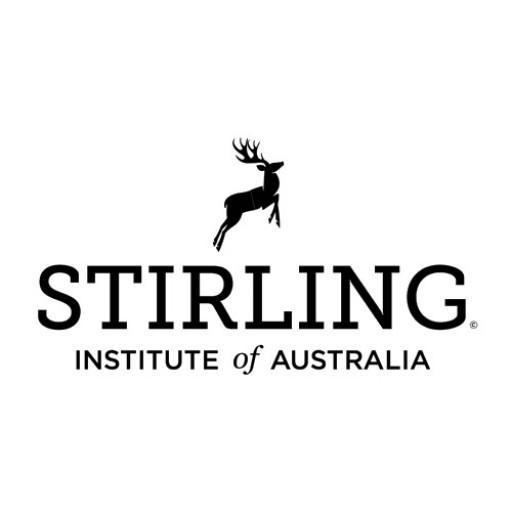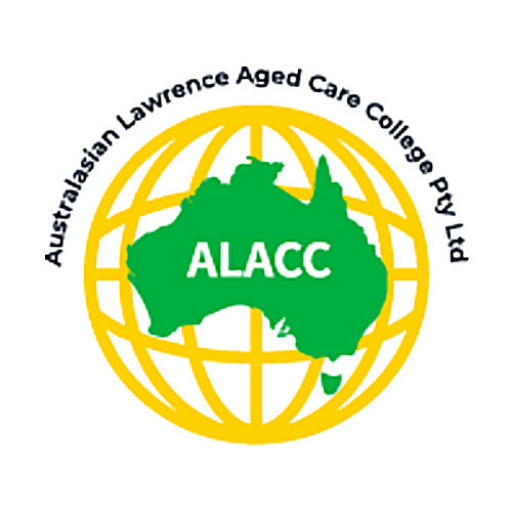Photos of university / #ucl
Special Educational Needs Coordination at University College London offers a comprehensive and specialized program designed to prepare future leaders in the field of inclusive education and support for students with diverse learning needs. This program provides students with an in-depth understanding of the policies, practices, and ethical considerations involved in coordinating special educational needs (SEN) within various educational settings. Through a combination of theoretical knowledge and practical application, students will develop the skills necessary to assess, plan, implement, and evaluate support strategies tailored to individual learners, ensuring their access to quality education and equal opportunities.
The curriculum covers a broad range of topics, including legal frameworks surrounding SEN, multidisciplinary collaboration, behavior management strategies, assistive technologies, and inclusive curriculum planning. Students will engage with current research and best practices in the field, gaining insights into how to adapt learning environments to meet varied needs effectively. The program emphasizes evidence-based approaches and encourages critical thinking about inclusion, diversity, and equity in education.
Academic modules are complemented by practical placements and project work, allowing students to apply their learning in real-world contexts and develop their professional competencies. Throughout the course, students will work closely with experienced educators, SEN coordinators, and support staff, gaining valuable insights into the multidisciplinary nature of SEN coordination. The program also offers opportunities for networking and professional development through seminars, workshops, and conferences.
Graduates of the program will be equipped to take on roles such as SEN coordinators, inclusion specialists, educational psychologists, or consultants in special education. They will possess a thorough understanding of the complexities involved in supporting learners with special educational needs and the skills to influence policy and practice within educational institutions. By fostering a commitment to inclusive education, the program aims to contribute to the development of equitable and supportive learning environments that enable all students to achieve their full potential.
By the end of the programme students should be able to:
- contribute to contemporary debate in the fields of both special education as well as inclusion and disability studies
- produce and communicate reasoned and informed reflective argument, both in writing and orally
- carry out a focused practitioner inquiry relating to the role of the SENCO, supported by relevant literature sources
- improve professional practice through greater knowledge, skills, understanding and awareness
Students undertake modules to the value of 60 credits. The programme consists of two core modules (30 credits each).
Core modules
- Special Educational Needs Coordination: Improving Teaching and Learning
- Special Educational Needs Coordination: Leading and Managing Change
Teaching and learning
The programme is delivered through a combination of lectures, seminars and tutorials. Each module is delivered over six days. A Learning Log needs to be completed as the practical component. Assessment is through a practitioner enquiry assignment for both modules consisting of 4,500-5000 words each. The focus is on the practitioner as researcher within the participants’ own education institution.
Applicants are required to have QTS (qualified teacher status) or equivalent. A minimum of a second-class Bachelor's degree from a UK university or an overseas qualification of an equivalent standard is also required. Those who do not meet these degree criteria have to show an ability to meet the demands of the programme through an extended personal statement.
Applicants need to be a SENCO or aspiring SENCO and have completed a Headteacher approval form (signed by Headteacher or Line manager) indicating support for you to meet all the learning outcomes of the National Award for SENCOs.
The financing of the Special Educational Needs Coordination program at University College London is primarily supported through various funding sources dedicated to higher education and professional development. Students are encouraged to explore a range of options including government-backed loans, scholarships, and bursaries designed to assist postgraduate students pursuing specialized qualifications. The university offers specific scholarships for students enrolling in education-related programs, which can significantly offset tuition fees and associated costs. Additionally, funding opportunities may come from external organizations, charitable foundations, and professional bodies committed to supporting educators and specialists working in inclusive education and SEND (Special Educational Needs and Disabilities).
For UK residents, Student Finance England provides loans that cover tuition fees, which are repayable after graduation once a certain income threshold is reached. International students are often responsible for funding their studies through personal means, family support, or external sponsorships, although in some cases, university scholarships can be available to international applicants. The program’s fees are subject to change annually, and prospective students are advised to consult the official university website for the latest information on tuition costs and available funding options.
The university also offers guidance and support for students seeking financial assistance, including access to financial advice clinics and help with applications for various funding sources. For those engaged in employment while studying, part-time work options within or around campus can supplement funding for living expenses. Since this program focuses on a specialized area of education, students may also be eligible for specific grants that promote continuing professional development in the field of SEND. Overall, the financing for the Special Educational Needs Coordination program at UCL is comprehensive, aimed at making advanced training accessible through a combination of institutional funding, external scholarships, and government loans, thereby enabling a diverse range of students to pursue their career development in this vital educational sector.
Special Educational Needs Coordination at University College London offers a comprehensive program designed to equip students with the knowledge and skills necessary to support learners with diverse educational needs. The course explores the legal, policy, and practical aspects of special educational needs (SEN) and disabilities, providing a thorough understanding of inclusive education practices. Students engage with theoretical frameworks and gain practical experience in identifying, assessing, and developing support strategies for students requiring additional assistance. The program emphasizes collaborative working with educators, families, and specialists to implement effective support plans. It also covers recent developments in SEN legislation and policy, ensuring graduates are well-prepared to meet the demands of modern inclusive education environments.
The curriculum includes modules on the psychology of learning difficulties, curriculum adaptation, behavioral management, and assistive technologies. Practical placement opportunities allow students to work directly with children and young people in various educational settings, fostering applied skills and professional confidence. The program is suitable for individuals seeking careers in educational support, policy development, advocacy, or further research in inclusive education. Graduates of the program can expect to pursue roles such as SEN Coordinator, educational psychologist, or inclusion officer. The university's strong links with local schools and educational organizations provide excellent networking and employment opportunities. With a focus on evidence-based practice, the program prepares students to effect positive change in educational environments, supporting the success and well-being of all learners regardless of their specific needs.







